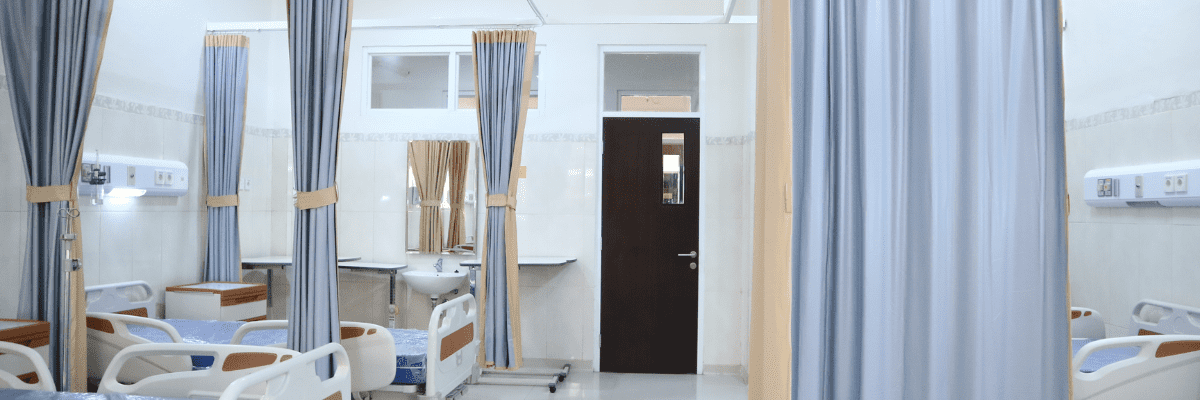NHS Rehabilitation For The Elderly
After hospitalisation, rehabilitation programmes can assist the elderly restore their strength and function.
Depending on your circumstances, you may qualify for physical, occupational, speech-language therapy, or other therapies to help you regain your independence.
Your local physician or hospital can provide more information about senior-appropriate rehabilitation programmes.
You may also be eligible for support if you receive care through an agency such as the National Health Service (NHS).
It is important to note that these services are typically only funded by the government for a limited period of time and may need to be supplemented with private funding once the initial period has passed.
Additionally, some types of rehabilitation may not be suitable for elderly individuals and should be discussed with your doctor.
After leaving the hospital, it is essential to get the appropriate assistance so that you may get your life back on track and enjoy it once more. With the correct help, you can recover completely and resume living independently.
Temporary Care Home After Hospital
Some people who have been in the hospital may not be physically ready to go home right away, but they no longer need urgent hospital care. A discharge from hospital to care home can be set up for these people.
This short-term care, which is often called “intermediate care” or “rehabilitation,” helps the patient get from the hospital to their home. The goal is to help the person keep getting better, rehabilitate, and get support so that they can regain their freedom and confidence.
Depending on the needs of the patient, these short placements can last for a few weeks or longer. Most of the time, the local council or health and social care trust decides who is eligible and what they need. The NHS or local government usually pays for this care.
What happens after the 6 week period?
At the end of the 6 week care package, an assessment will be carried out to decide whether you continue to receive free NHS continuing healthcare or if any other arrangements need to be made.
This may include either continued NHS financing or a partnership with the local government to provide a combination of health and social care services.
If it is determined that no further assistance is required, it may not be necessary to organise further assistance.
However, if your needs change in the future, you can always call your local hospital or doctor’s office and request additional evaluations.










